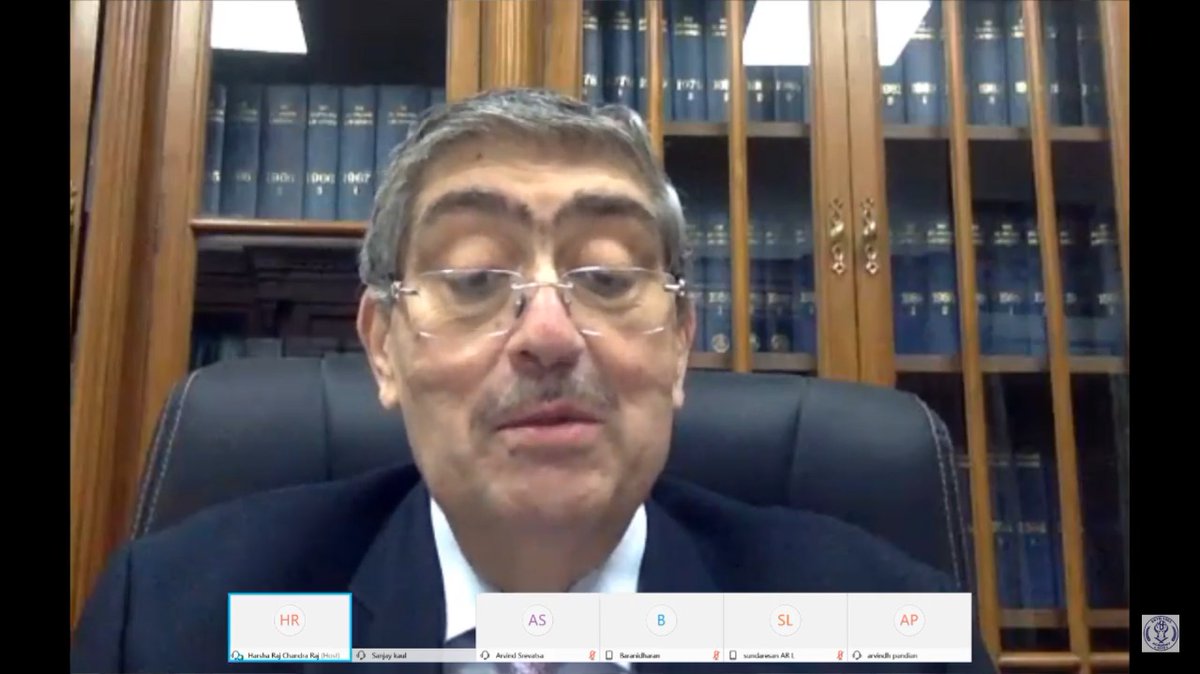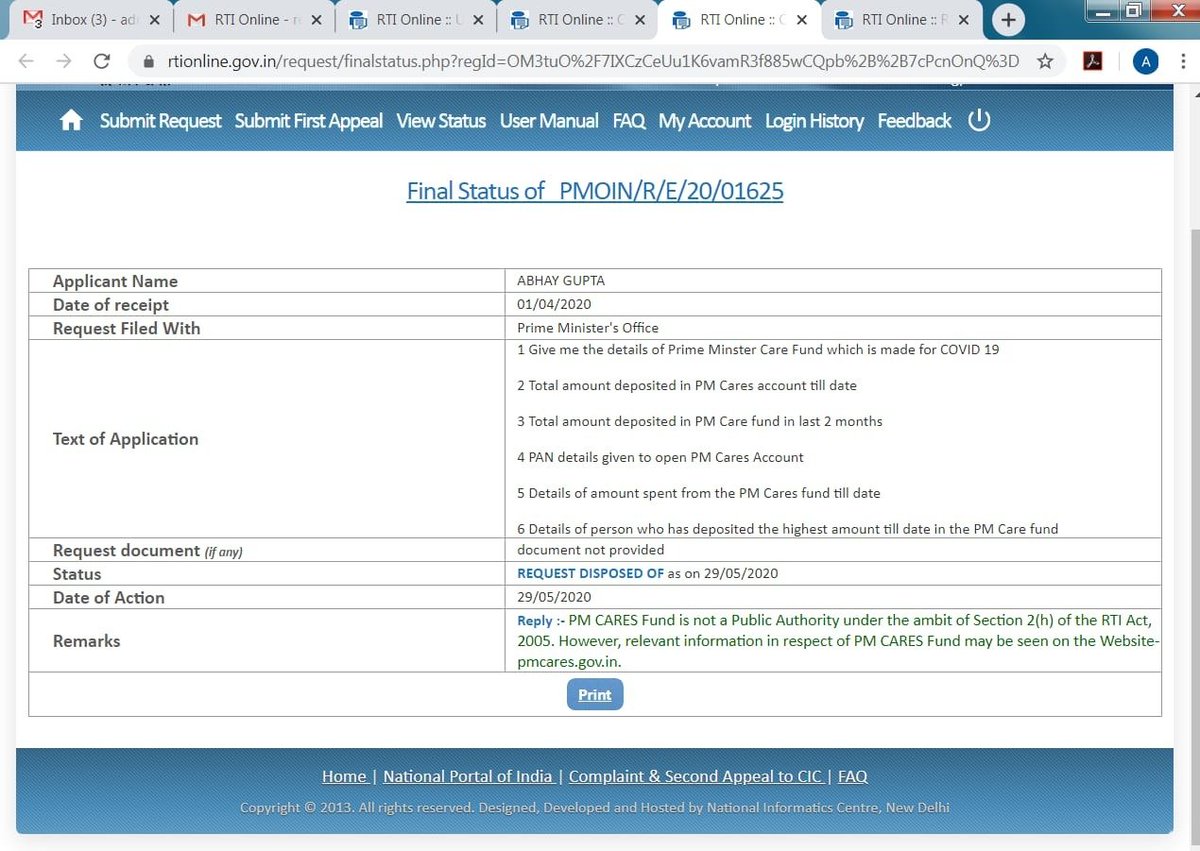About 52 webinars have been conducted so far.
The College began to see more strikes. But because of that, he was able to go to the Madras High court more, since there were no classes.
"Devour biographies", Datar says. "read biographies. There is so much to learn from biographies."
He was told to not sit at home and to go to court, or the library. Apart from going to Court, he started attending lectures, Datar says.
"I used to get 60 Rs in rent control cases", Datar recalls. He took up a variety of civil cases.
A lot of city civil casework came from the Indian Express Group.
Things often go wrong, Datar remarks. But things went on.
Later he also began to focus on writing work, he recalls.
"Writing a book really, really helps a lawyer", Datar says.
After my book came, my income went up by 4 times, Datar recalls.
As he concludes his presentation, Datar remarks that every day should be viewed as a new beginning. We should always work towards being the best version of ourself.
Later it was to write his first book around the age of 30. Thereafter, it was to write a book on Constitutional law.
However, he adds that the goal should not be so absurd that it is unachievable
The goal should be outside your comfort zone, but attainable. Go for it, you will stumble and fall, but you will achieve it
Deeply study e-commerce and the tax implications of that, Datar says.
I think court craft is very, very important. Otherwise, you can just give written submissions to the judge and be done with it. How you say it is important, Datar says.
Another thing about court craft is to argue as many different cases as you can, Datar says.
Younger students are much, much brighter, Datar says.
"I can definitely say that the younger generation is far more intellectually capable than our generation."
"I guess it is herd mentality".
Arvind Datar says that before going abroad for LLM, the student should really think if it is worth it.
While his junior remarked that the judge was "mokka", the senior responded that it is not that the judge is "mokka", it is their job to make the judge understand
1. There is nothing you can do about it.
2. I try to tell myself, why don't I look at it as a lesson to improve my advocacy
While speaking on how he takes such cases as an opportunity to improve his advocacy, Datar remarks that "One thing I miss is the sheer oxygen of going to Court."
He recalls that during the Sahara case, Jethmalani made very personal remarks against him to which he didn't react.
Datar says that Chief Justice Kehar also remarked,
"He (Jethmalani) kept on making remarks, you never reacted. And now you are helping him."
Before you take up a medical specialisation, for instance, you do one year of house surgeoncy.
Don't be in a hurry. Those two years is an investment. It is a basic grounding. Better than any LLM, Datar says.
He recalls that when he entered the profession, his senior, Natarajan told him "Kanna, no one will teach you anything, you will have to learn your own."
1. Legal education reform.
2. There should be clarity on what is for courts and what is meant for tribunals.
3. The way in which judges are selected
There, must have some entry barrier, standards to enter the law profession. The open-book exam is making a mockery of it, says Rajah.
Datar responds: "Oh no. I'm not fit at all. I have zero control over what I eat. I eat too many sweets. I've been blessed with good health. I wish I had more discipline... I try to exercise 2-3 times a week."
Before you get annoyed with a judge, remember for you this is your bread and butter; (but) for your client, it is his life.
Audience informed that a record high of about 400 participants joined the session.
The full video of the zoom meeting session will be uploaded on the Madras Bar Association youtube channel.















